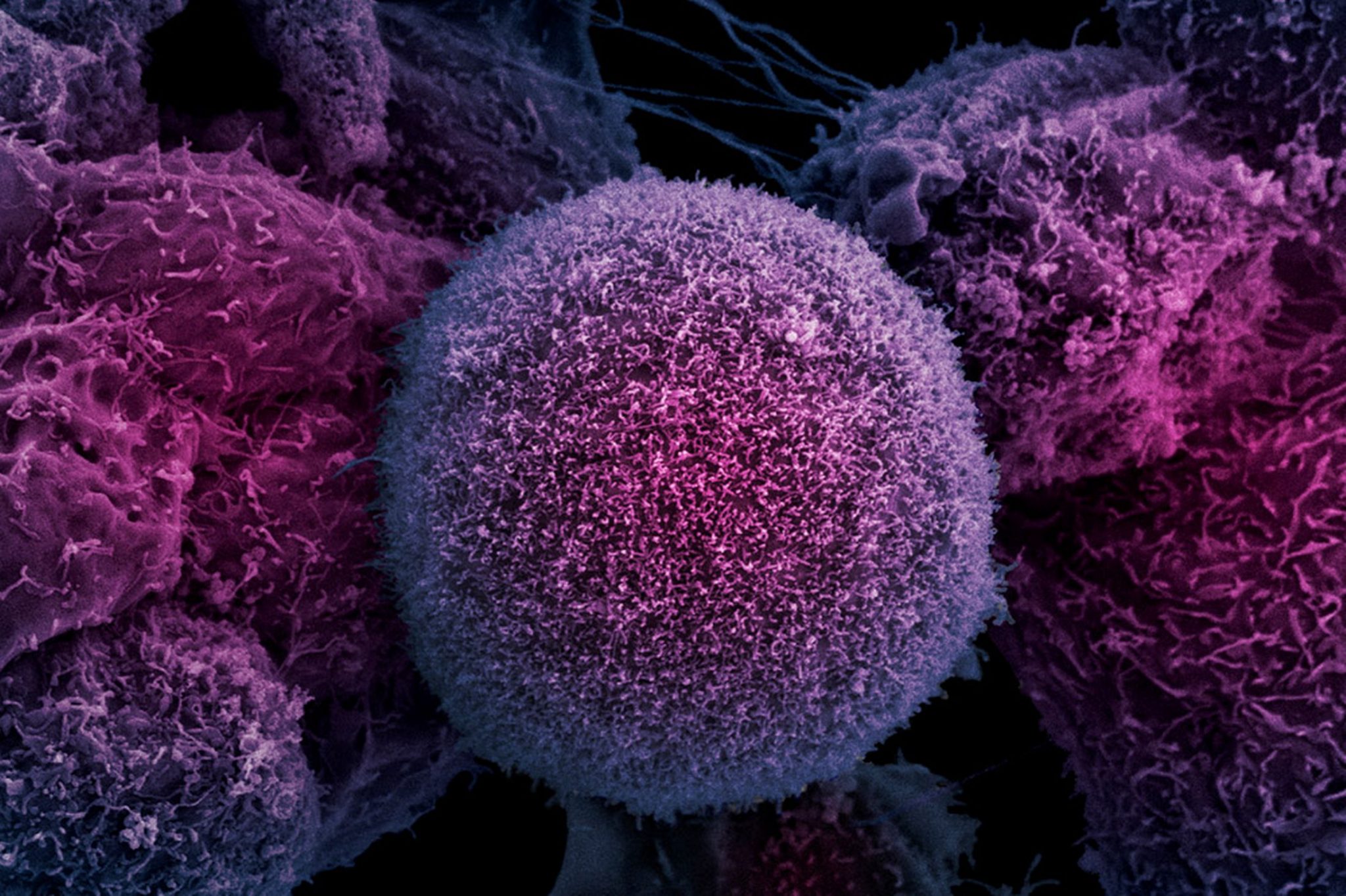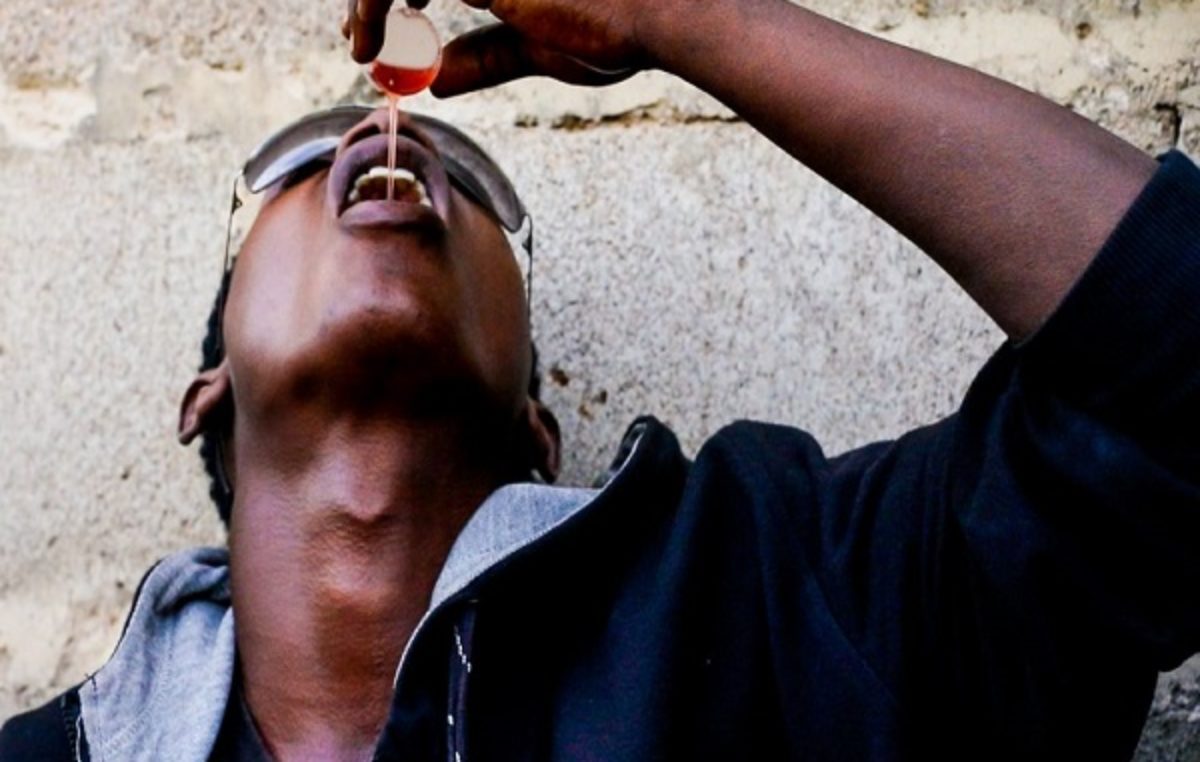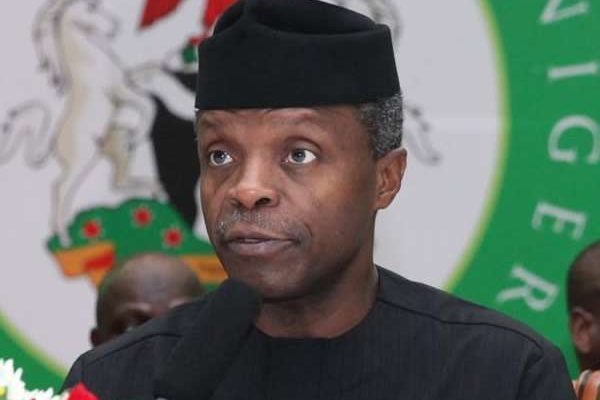‘Four Out Of Five Nigerian Cancer Patients Die’
Nigeria has the worst cancer mortality rate in Africa as four out of every five patients die from the ailment, according to recent statistics.
A foremost consultant oncologist and radiotherapist at the University of Nigeria College of Medicine (UNCM) and Teaching Hospital (UNTH) Enugu, Prof. Ifeoma Okoye, who gave the statistics, blamed the high death rate on the low level of awareness, late presentation at hospitals as well as the high cost of screening and treatment.
Okoye, who is also a member of the team of medical experts that packaged the National Cancer Control Plan 2018-2022, said the global cancer community was rallying countries to produce plans that would address their cultural and country-specific challenges.
She said: “You need to address cultural challenges. For instance, we have to begin to investigate cases, prevent, where possible, ensure early detections, which is key, and provide optimal management, palliative care and screening to the entire country.
We can do a national screening for 180 million people.
“Then there is the need to vaccinate the people against cancers. There is Hepatitis B vaccine that protects against liver cancer. There is also the vaccine that has to do with Human Papilloma Virus (HPV) that prevents cervical cancer.”
To address the situation, the radiologist recommended awareness creation and incorporation of cancer screening and treatment in the National Health Insurance Scheme (NHIS) so that people do not have to pay out of pocket.
She also called for uniform protocol across the country for caring, management, treatment, drug therapy and radiotherapy.
Dr. Omotayo Fatokun, in a study titled, “Cancer control reform in Nigeria” published in The Lancet Oncology noted: “In October 2016, the Nigerian government announced plans to establish a national agency for cancer control responsible for research, prevention, diagnosis, treatment, and palliative care, as well as the provision of leadership and technical direction for the control of the disease in Nigeria.
The new agency will replace the national cancer control programme of the Federal Ministry of Health.
“The proposed reform is seen as a step in the right direction as the existing cancer control programme is ill equipped and under-resourced to cope with the challenges surrounding the cancer burden in the country.”
According to the Committee Encouraging Corporate Philanthropy (CECP- Nigeria), 30 Nigerian women die every day of breast cancer (a cancer that can be cured if detected early); one Nigerian woman dies every hour of cervical cancer (a cancer that is virtually 100 per cent preventable); 14 Nigerian men die daily of prostate cancer (another cancer that can be cured if detected early); one Nigerian dies every hour of liver cancer (a cancer that is preventable through vaccination); and one Nigerian dies every two hours of colon cancer (another cancer that is virtually 100 per cent preventable).
The National Coordinator of CECP, Dr. Abia Nzelu, also declared that out of every five Nigerians with cancer, only one survives.
“ln the specific case of blood cancer, out of every 30 Nigerians (often young adults and children), only one survives, whereas at the Tata Cancer Centre in India, the survival rate for blood cancer is 99 per cent.
The future generation of Nigeria is wasting away from conditions that can be controlled medically. Alas, Nigeria is a nation where wealth accumulates and men decay.”
She stated that 10 Nigerians died of cancer every hour, yet, according to the World Health Organisation (WHO), one-third of cancers is preventable, another one-third is curable and the last third can have good quality of life with appropriate care.
On why the situation is different in Nigeria, and Nigerians who still seek treatment abroad end up dying from preventable cancers, Nzelu said: “The truth is that we do not have adequate infrastructure and system for early diagnosis, so cases end up being detected at a time when they are beyond help.
Many other countries have invested a lot of funds in cancer research, screening programmes and treatment. In such countries, every sector of the society is involved in the fight against cancer.”




